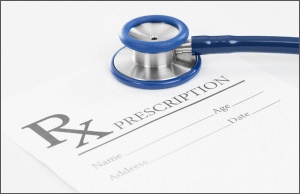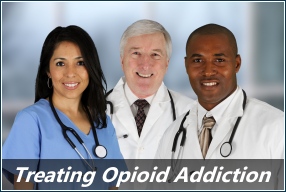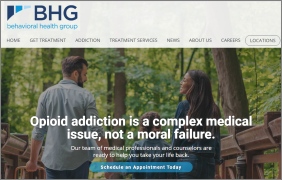 There are plenty of illegally manufactured medications of unknown origin currently flooding the country. In addition to heroin, methamphetamines, and other highly addictive substances, common prescriptions for managing psychiatric disorders are now accessible on the street as well.
There are plenty of illegally manufactured medications of unknown origin currently flooding the country. In addition to heroin, methamphetamines, and other highly addictive substances, common prescriptions for managing psychiatric disorders are now accessible on the street as well.
Often these seemingly “legit” meds are manufactured outside of the U.S. where they are not subject to FDA oversight. Some of them are laced with fentanyl as is now occurring with street opiates, cocaine, and ecstasy.
Fentanyl availability is becoming widespread and creating an epidemic of accidental overdoses. News of fentanyl drug busts are being reported with increasing frequency since U.S. law enforcement and border patrol have stepped up their efforts to confiscate this deadly drug before it hits the streets.
It is important to remember that medications provided by methadone clinics and buprenorphine-approved doctors are beneficial drugs that are carefully formulated by pharmaceutical companies operating under FDA guidelines and safety checks. Please, only take medications prescribed by your doctor.
Every OTP (opioid treatment program) clinic and prescribing physician aim to custom fit the medication and dosage that will best treat your opioid use disorder. Self-medicating with drugs obtained on the street is highly dangerous. Your recovery success depends on you believing in your treatment team and relying upon their medical expertise, and their administration of safe, approved medications designed to manage your opioid withdrawal symptoms.

 Follow
Follow

 A
A  The faces of recovery are as diverse as you can imagine. Decades ago, there were common stereotypes of addicts as people who looked a certain way and likely came from a shady side of the tracks.
The faces of recovery are as diverse as you can imagine. Decades ago, there were common stereotypes of addicts as people who looked a certain way and likely came from a shady side of the tracks. The science of treating opioid addiction has become increasingly popular in both medical circles and in the addiction treatment community.
The science of treating opioid addiction has become increasingly popular in both medical circles and in the addiction treatment community. 



